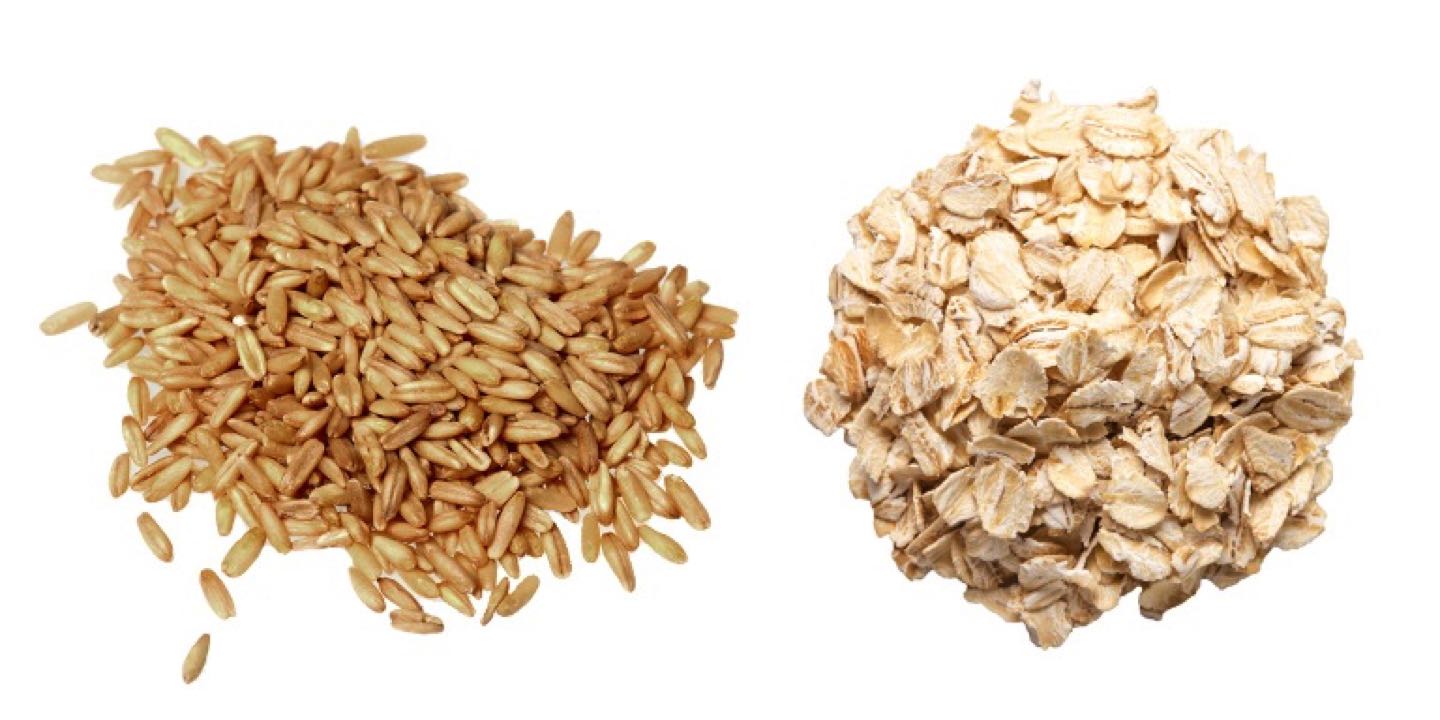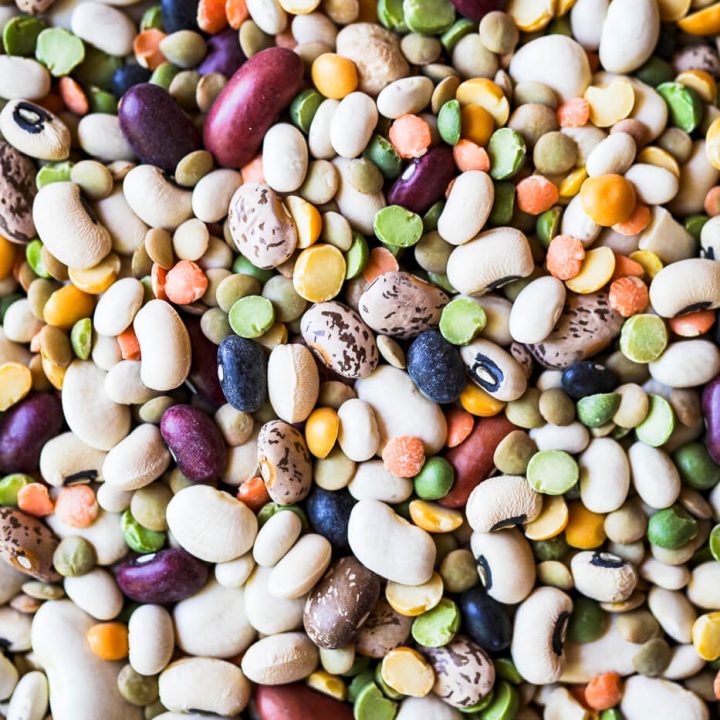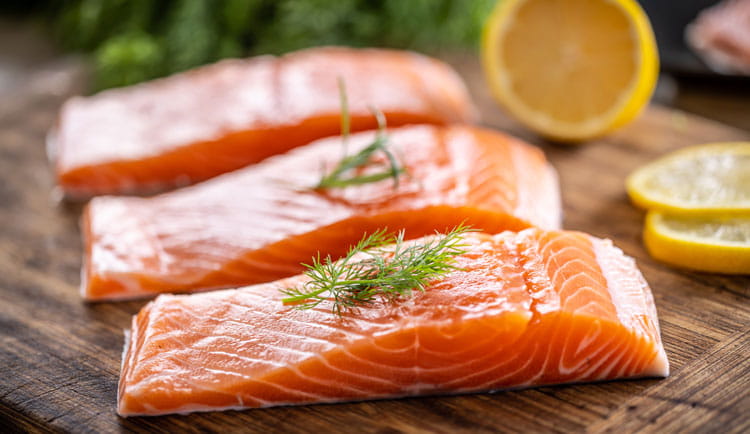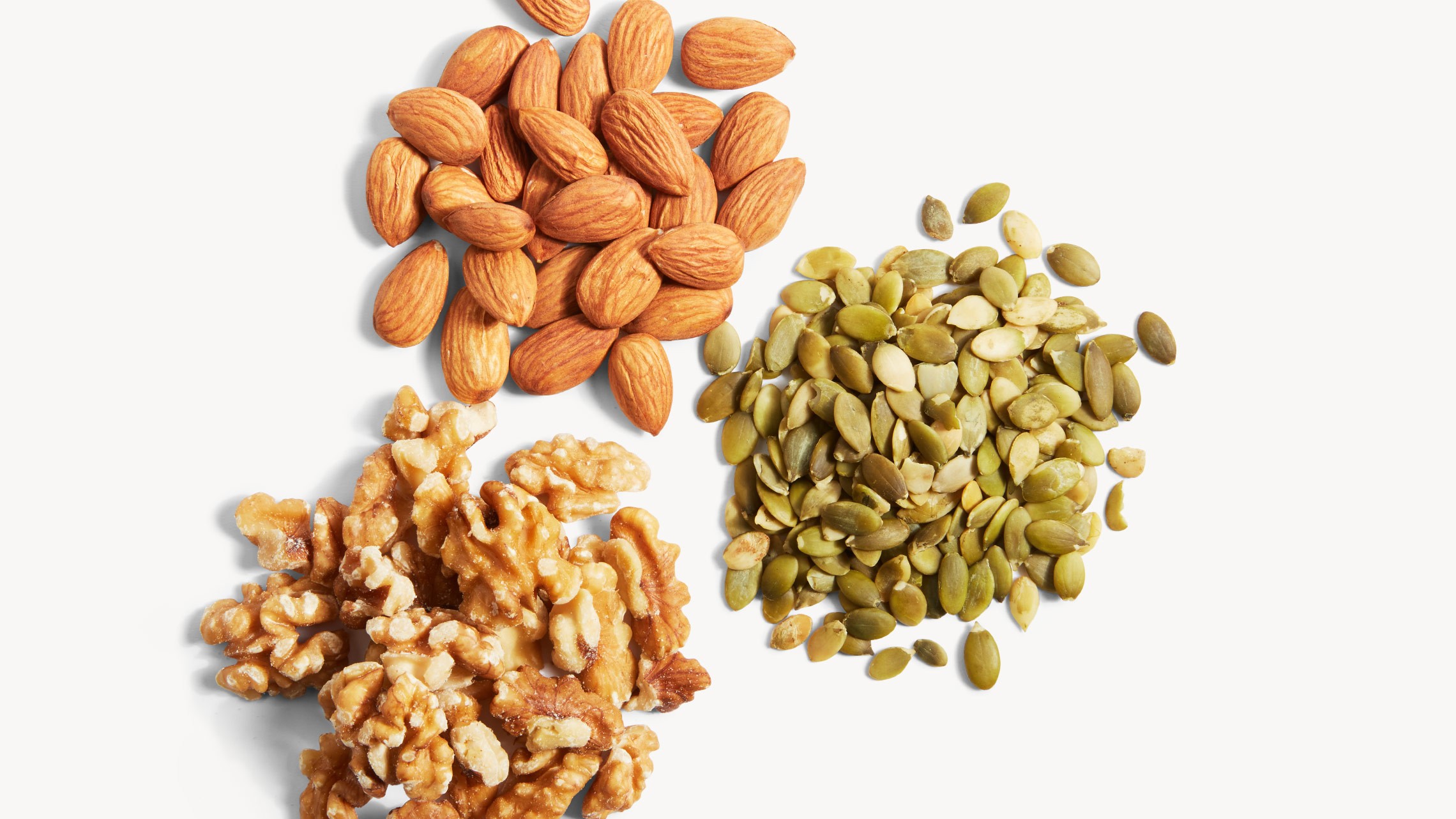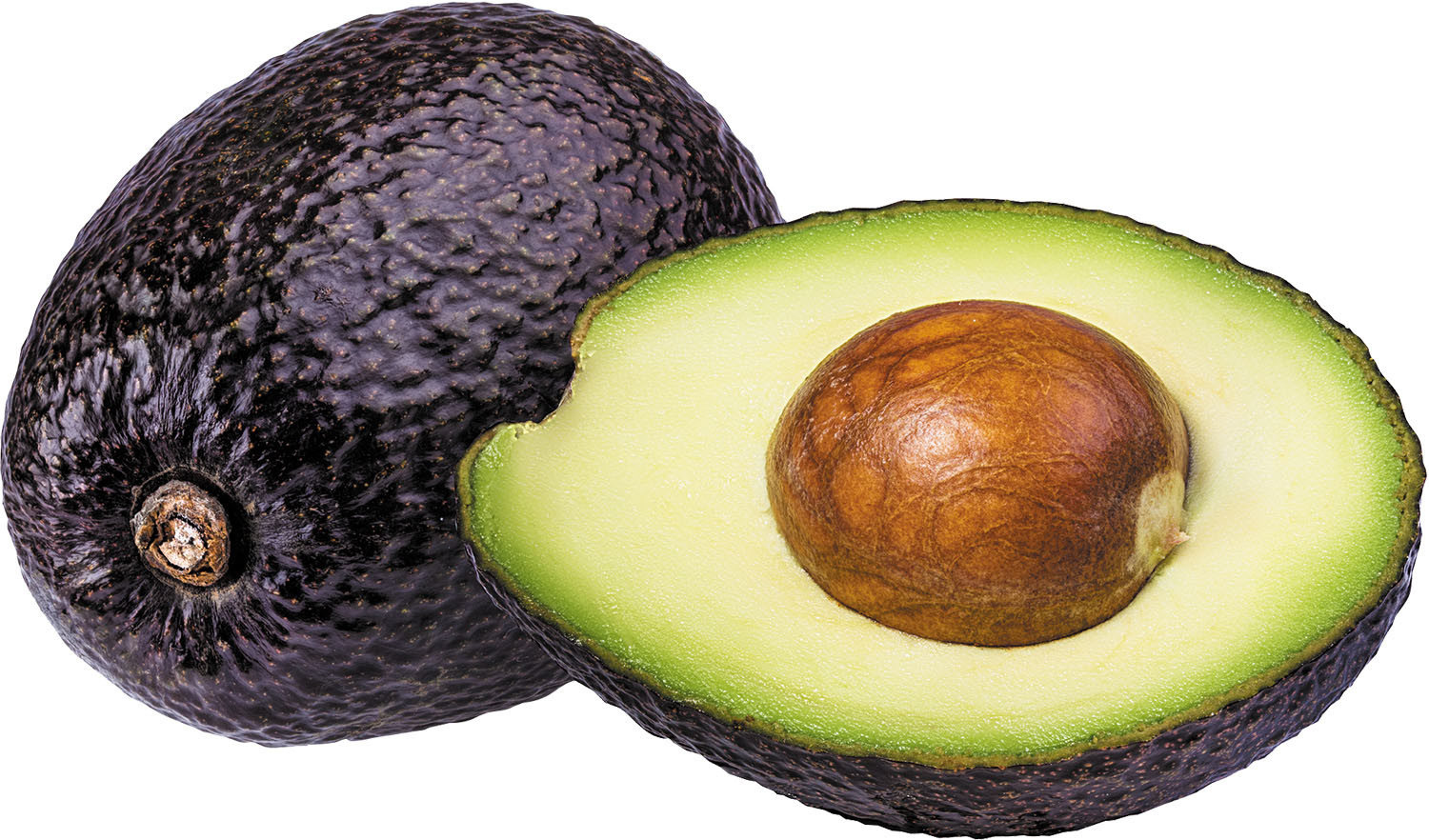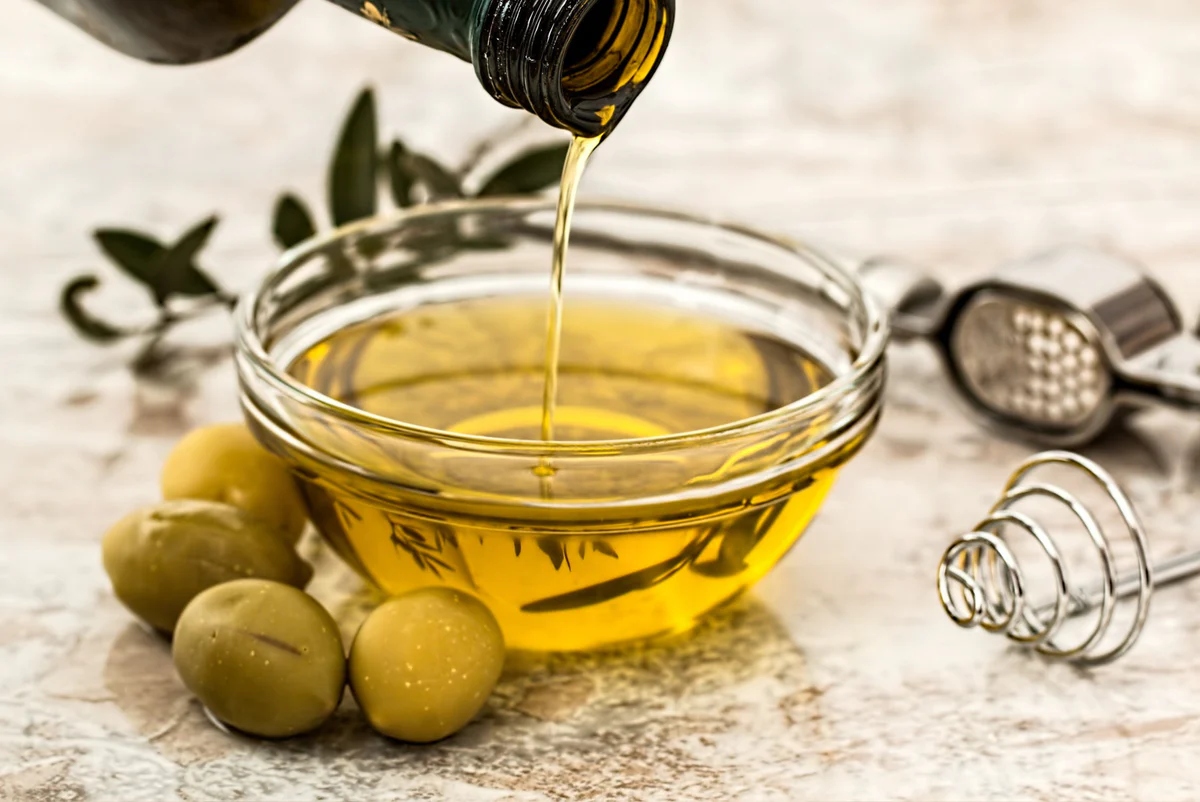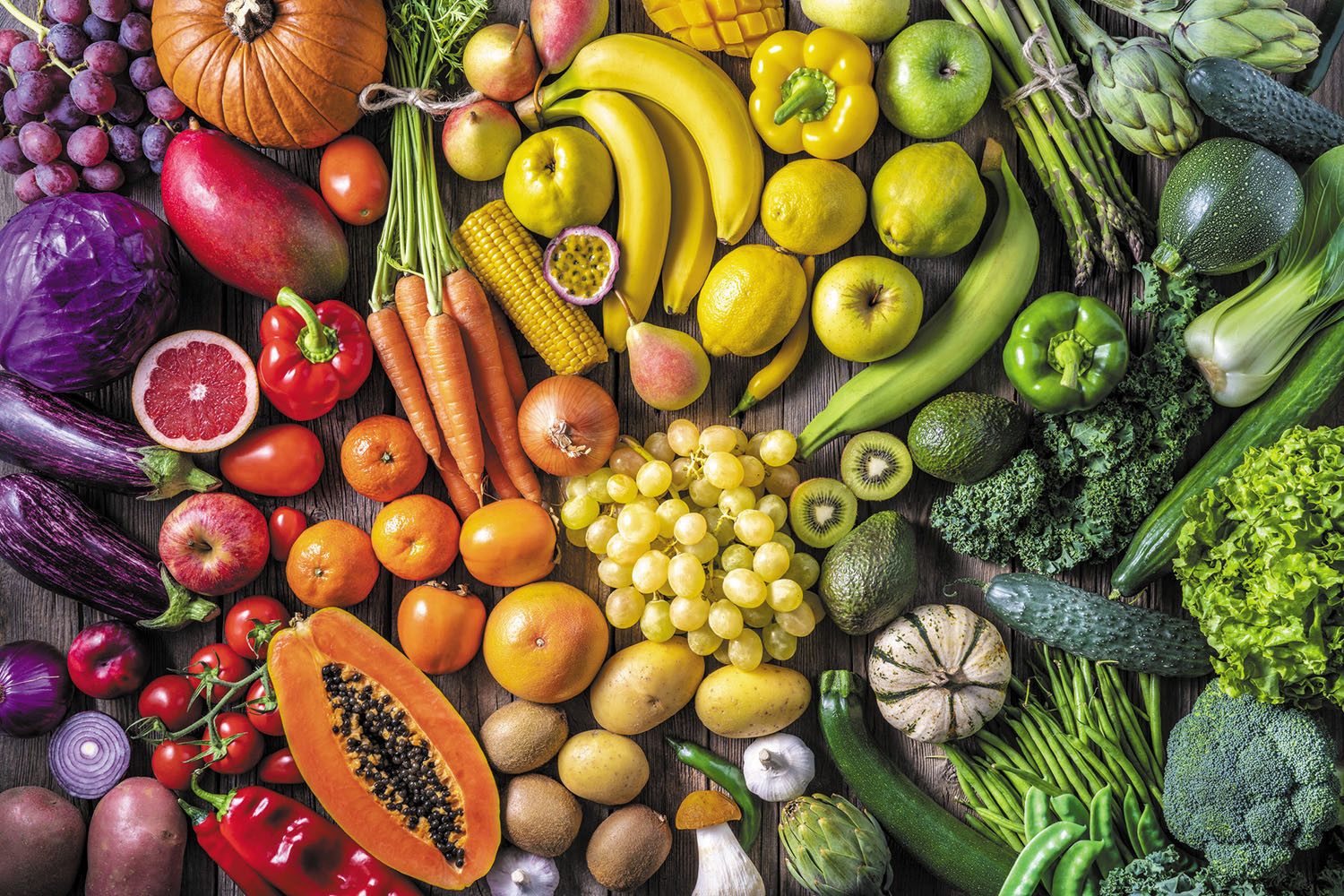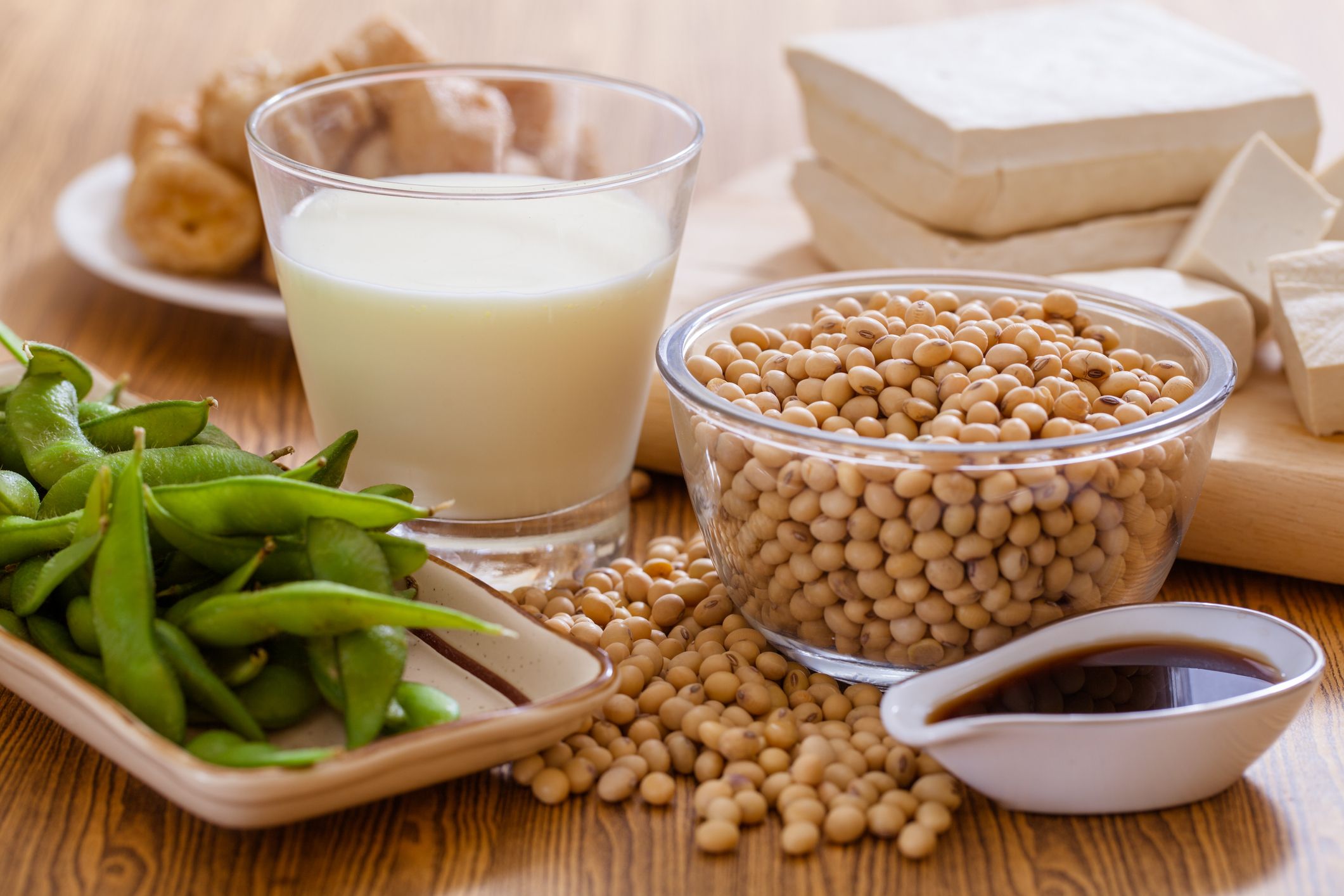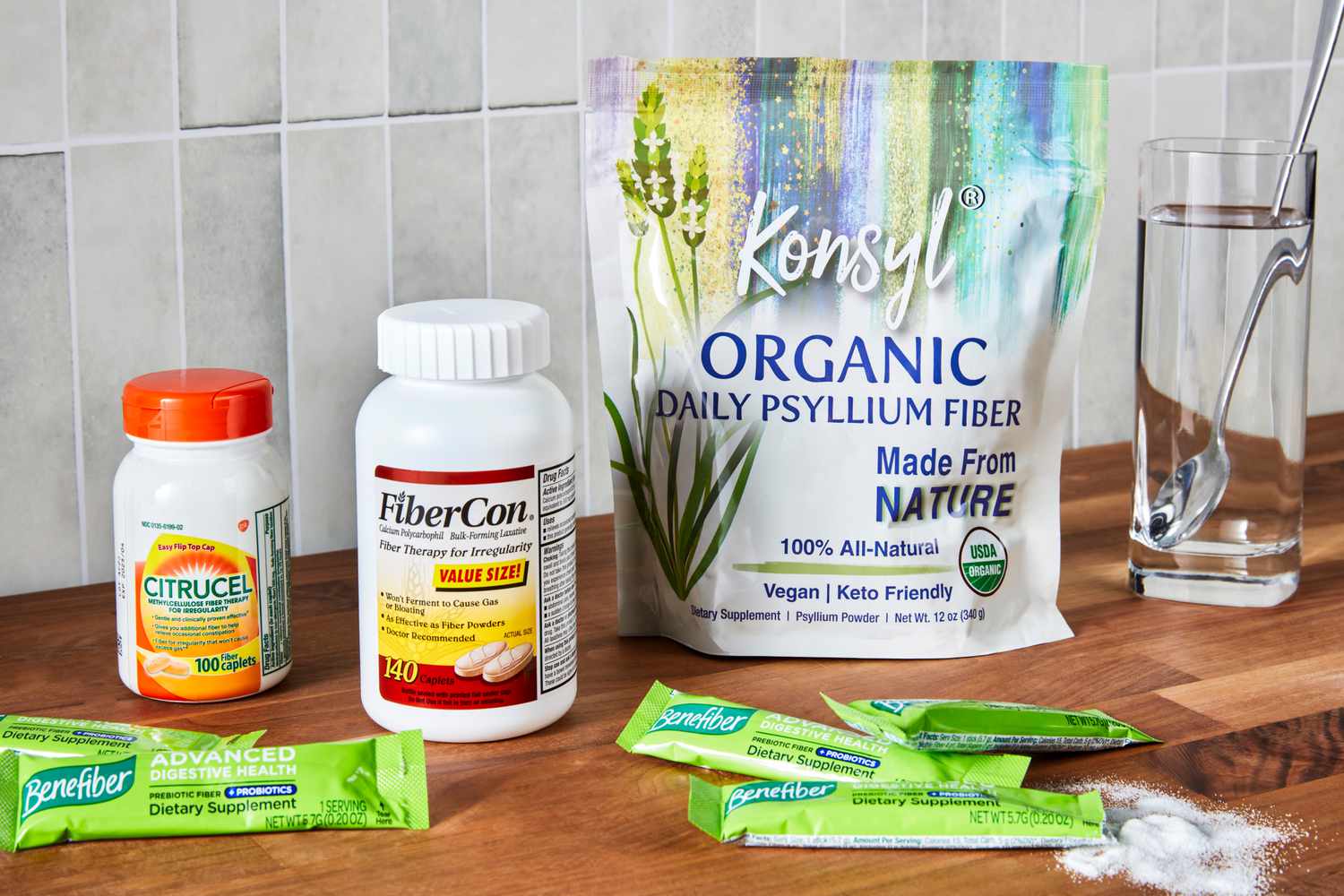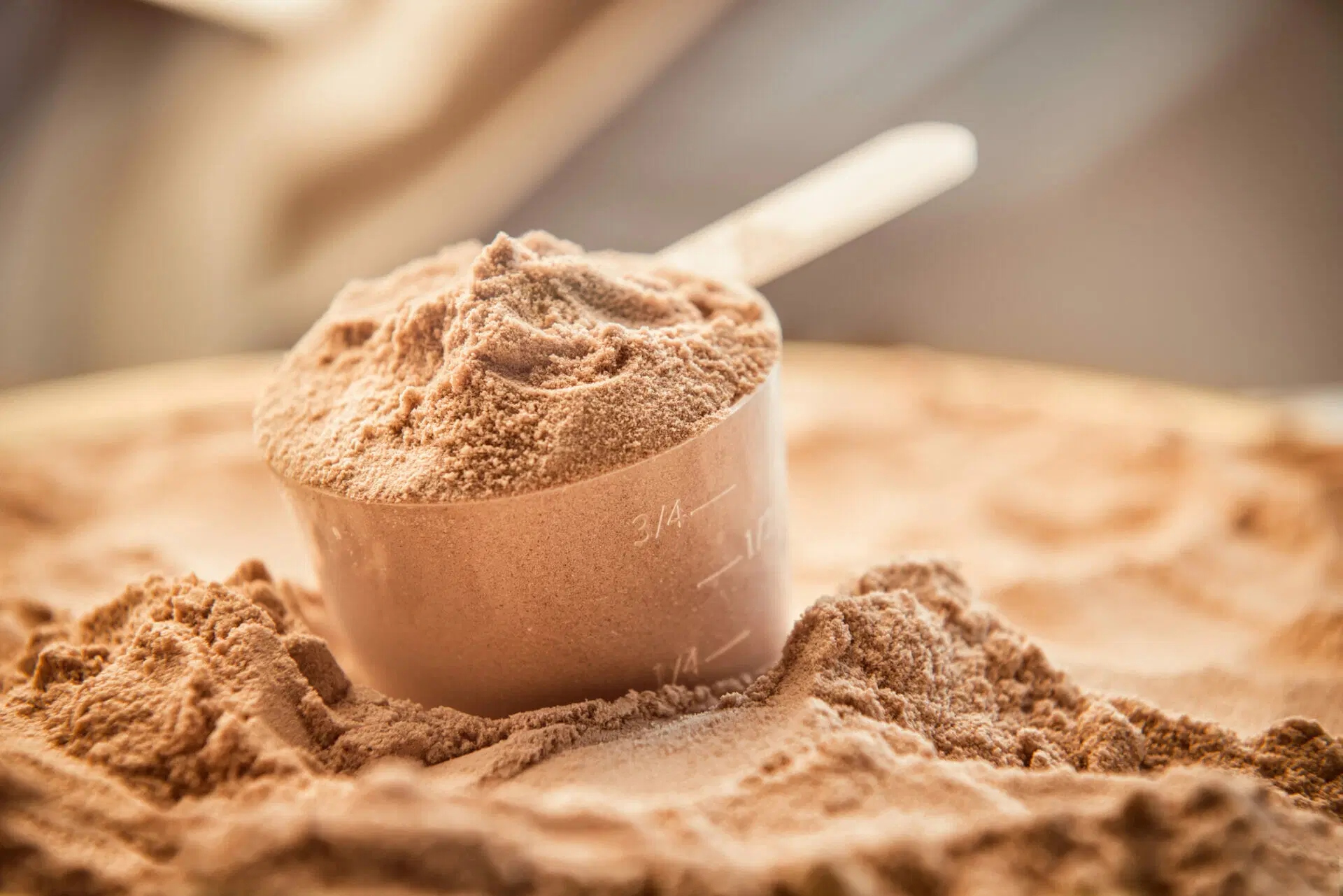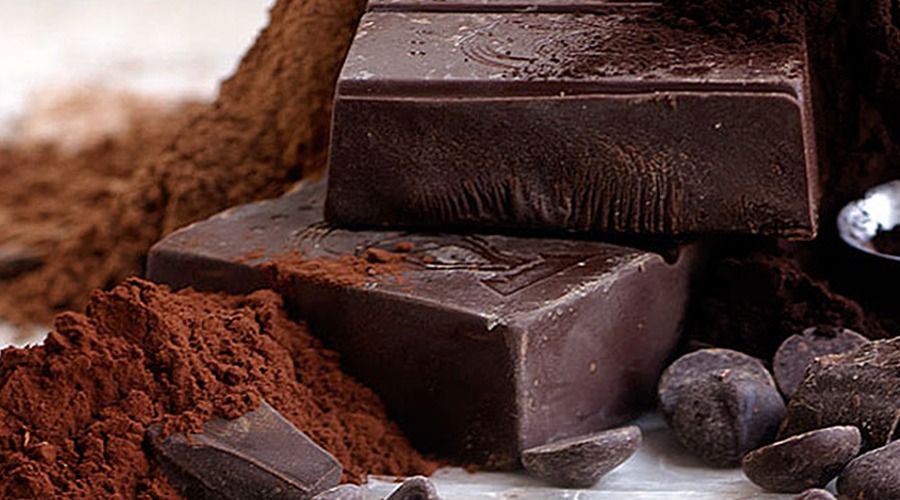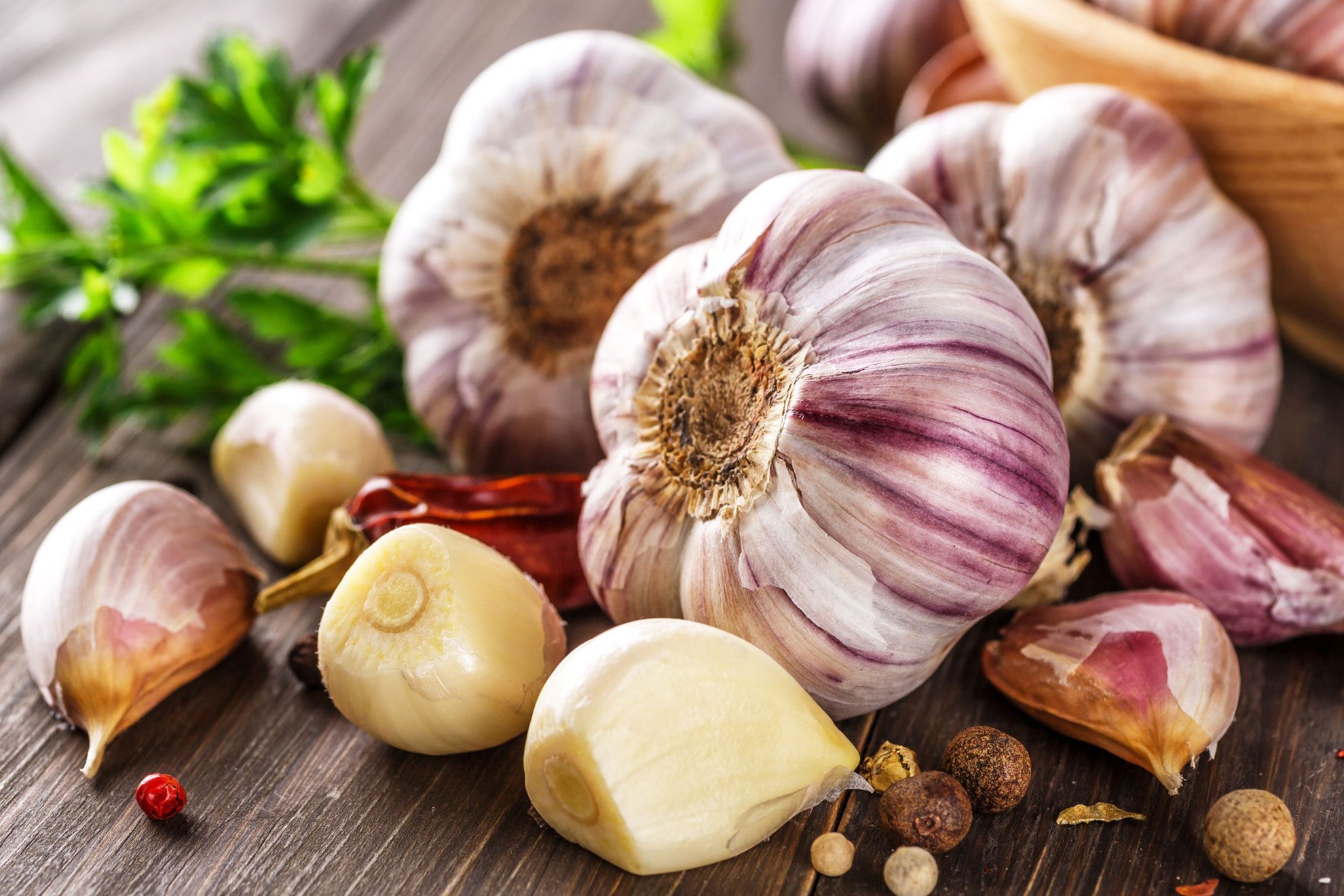12 Cholesterol Lowering Foods - Your Pathway To Heart Wellness
Discover the best cholesterol lowering foods. Elevate heart health with nutritious choices.
Author:Sanah ConnorReviewer:Stefano MclaughlinJun 25, 202424.3K Shares476.6K Views
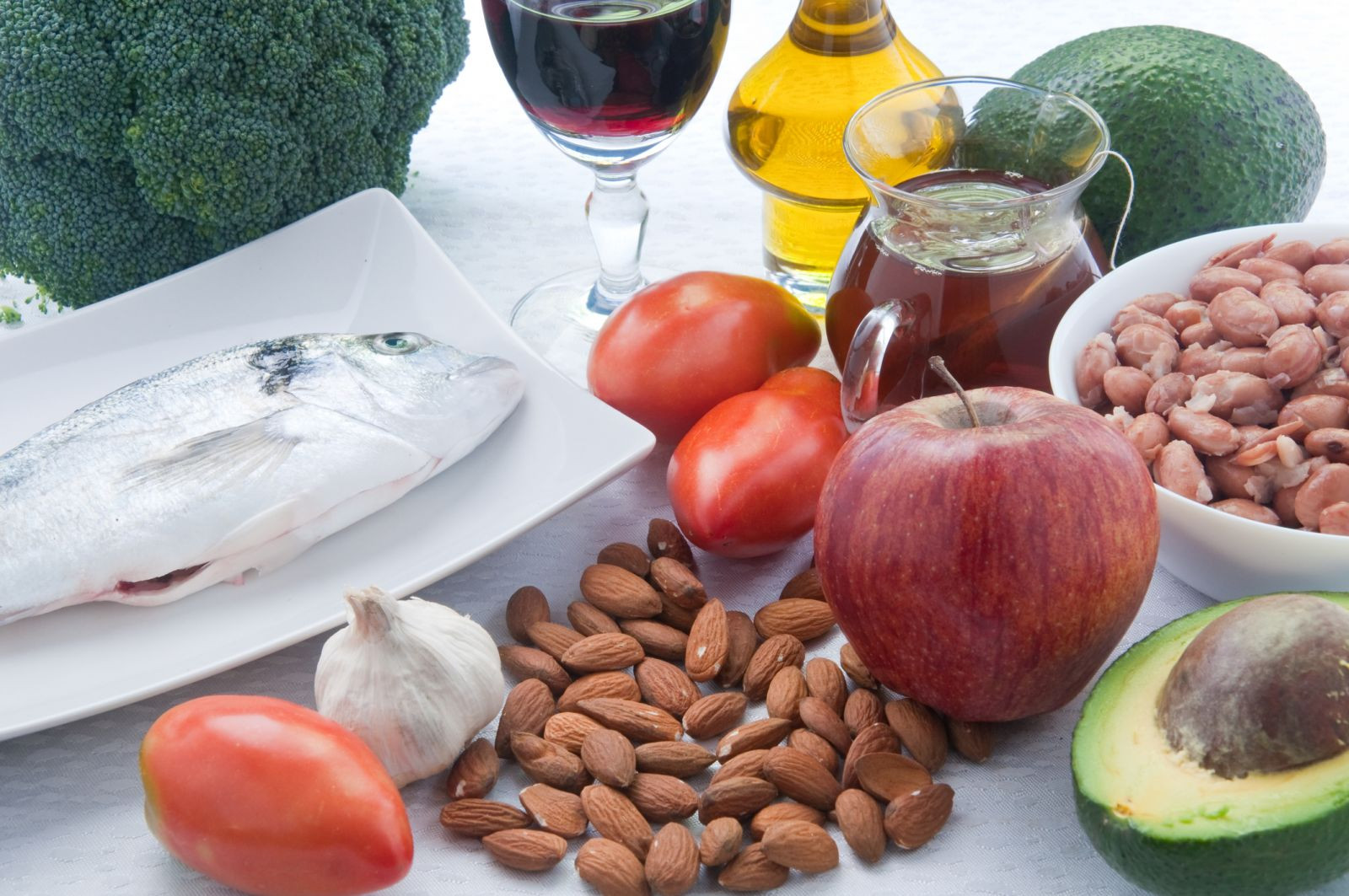
Cholesterol is a fatty substance found in the blood that is essential for building healthy cells, but high levels of cholesterol can increase the risk of heart disease and stroke. Fortunately, making dietary changes and incorporating cholesterol lowering foodsinto your meals can help improve your cholesterol levels and support heart health. In this article, we'll explore various foods known for their cholesterol-lowering properties and how you can incorporate them into your diet.
Here are 12 cholesterol lowering foods you must try:
Oats And Whole Grains
Oats and whole grains are rich in soluble fiber, a type of fiber that helps reduce low-density lipoprotein (LDL) cholesterol, often referred to as "bad" cholesterol. Soluble fiber binds to cholesterol in the digestive tract, preventing it from being absorbed into the bloodstream. Examples of whole grains include oats, barley, quinoa, brown rice, and whole wheat. Start your day with a bowl of oatmeal topped with fresh fruit for a heart-healthy breakfast, or incorporate whole grains into soups, salads, and stir-fries for added fiber and nutrients.
Legumes
Legumes such as beans, lentils, and chickpeas are excellent sources of soluble fiber and plant-based protein, making them ideal choices for lowering cholesterol levels. Studies have shown that regularly consuming legumes can help reduce LDL cholesterol levels and improve heart health. Add beans to soups, stews, and chili, or incorporate lentils into salads, casseroles, and veggie burgers for a nutritious boost.
Fatty Fish
Fatty fish like salmon, mackerel, sardines, and trout are rich in omega-3 fatty acids, which have been shown to lower triglycerides and increase high-density lipoprotein (HDL) cholesterol, often referred to as "good" cholesterol. Omega-3 fatty acids also have anti-inflammatory properties that benefit heart health. Aim to include fatty fish in your diet at least twice a week by grilling, baking, or broiling them for a delicious and heart-healthy meal.
Nuts And Seeds
Nuts and seeds are packed with heart-healthy fats, protein, fiber, vitamins, and minerals that can help lower cholesterol levels. Almonds, walnuts, pistachios, flaxseeds, chia seeds, and hemp seeds are all excellent choices for improving heart health. Enjoy a handful of nuts or seeds as a snack, sprinkle them over salads or yogurt, or incorporate them into baked goods and smoothies for added nutrition and flavor.
Avocados
Avocados are a rich source of monounsaturated fats, which have been shown to lower LDL cholesterol levels and raise HDL cholesterol levels. They also contain fiber, potassium, and antioxidants that support heart health. Add sliced avocado to salads, sandwiches, wraps, or toast, or blend them into smoothies or dips for a creamy and nutritious addition to your meals.
Olive Oil
Olive oil is a staple of the Mediterranean diet, which is renowned for its heart-healthy benefits. Extra virgin olive oil is rich in monounsaturated fats and antioxidants, which help reduce LDL cholesterol levels and inflammation in the body. Use olive oil as a cooking oil or drizzle it over salads, vegetables, and whole grains for a flavorful and heart-healthy addition to your diet.
Fruits And Vegetables
Fruits and vegetables are naturally low in calories and high in fiber, vitamins, minerals, and antioxidants that support heart health and lower cholesterol levels. Berries, citrus fruits, apples, pears, leafy greens, broccoli, carrots, and sweet potatoes are all excellent choices for reducing cholesterol and promoting overall health. Aim to fill half your plate with fruits and vegetables at each meal for maximum benefits.
Soy Products
Soy products like tofu, tempeh, edamame, and soy milk are rich in plant-based proteins called soy proteins and isoflavones, which have been shown to lower LDL cholesterol levels. Replace meat with soy-based alternatives in recipes like stir-fries, salads, soups, and sandwiches for a cholesterol-lowering and heart-healthy meal option.
Fiber Supplements
The least desirable method of obtaining soluble fiber is through supplements. About 4 grams of soluble fiber can be obtained by taking two tablespoons of psyllium daily, which is present in Metamucil and other bulk-forming laxatives.
Whey Protein
Many of the health benefits linked to dairy products may be explained by the whey protein they contain. Research has demonstrated that taking whey protein supplements reduces blood pressure, total and LDL cholesterol. Whey protein powders are available in certain grocery stores and health food stores.
Cocoa And Dark Chocolate
Although it might sound too wonderful to be true, research indicates that cocoa and dark chocolate may reduce LDL cholesterol.
Adult participants in a 2015 studyconsumed cocoa beverages twice daily for one month. Their LDL (bad) cholesterol dropped by 0.17 mmol/l (6.5 mg/dl). They also experienced a drop in blood pressure and an increase in HDL cholesterol.
Additionally, a number of cocoa-derived chemicals may aid in the control of cholesterol. For instance, resveratrol may raise HDL cholesterol whereas polyphenols may stop your blood's LDL cholesterol from oxidizing.
But chocolate frequently contains a lot of added sugar, which is bad for your heart. You should only use pure cocoa or dark chocolate that has at least 75–85% cocoa content.
Garlic
Allicin is one of the potent plant components found in garlic. Garlic may also aid in lowering total and LDL cholesterol.
Having said that, it's crucial to remember that doing this calls for a lot of garlic. Therefore, compared to other garlic preparations, garlic supplements might be more effective.
Cholesterol Lowering Foods - FAQs
How Do Oats And Whole Grains Lower Cholesterol?
Oats and whole grains are rich in soluble fiber, which binds to cholesterol in the digestive tract and helps remove it from the body. This process helps lower LDL cholesterol levels and improves heart health.
Which Fatty Fish Are Best For Lowering Cholesterol?
Fatty fish such as salmon, mackerel, sardines, and trout are rich in omega-3 fatty acids, which help lower triglycerides and increase HDL cholesterol levels. Including these fish in your diet can improve heart health.
What Role Do Nuts And Seeds Play In Reducing Cholesterol?
Nuts and seeds are rich in heart-healthy fats, fiber, and plant-based compounds that help lower LDL cholesterol levels. Incorporating almonds, walnuts, flaxseeds, and chia seeds into your diet can benefit heart health.
What foods quickly lower cholesterol?
- Eggplant and okra.
- Nuts.
- Vegetable oils.
- Oats.
- Barley and other whole grains.
- Beans.
- Apples.
- Grapes.
- Strawberries.
- Citrus fruits.
- Foods fortified with sterols and stanols.
What Are The Worst Foods For High Cholesterol?
- Red meat items.
- Full-fat dairy products
- Baked goods and sweets.
- Fried foods.
- Butter.
- Tropical oils such as palm oil and coconut oil.
How Can I Lower My Cholesterol In 7 Days?
You may do a lot of things to help lower your cholesterol. Try replacing butter with olive oil, plain almonds with potato chips, white bread with whole grain bread, and reduced-fat dairy products with full-fat varieties to increase your intake of heart-healthy foods.
What Is The Best Drink To Lower Cholesterol?
- Green tea.
- Oat drinks.
- Soy drinks.
- Tomato juice.
- Cocoa drinks.
- Plant-based milk smoothies.
How Can Avocados Help Lower Cholesterol?
Avocados are rich in monounsaturated fats, which help lower LDL cholesterol levels and raise HDL cholesterol levels. They also contain fiber and antioxidants that support heart health.
What Is The Mediterranean Diet And How Does It Lower Cholesterol?
The Mediterranean diet emphasizes whole foods like fruits, vegetables, whole grains, fatty fish, olive oil, nuts, and seeds, all of which help lower LDL cholesterol levels and improve heart health.
What Are Some Heart-healthy Cooking Oils For Lowering Cholesterol?
Olive oil is a staple of the Mediterranean diet and is rich in monounsaturated fats and antioxidants that help lower LDL cholesterol levels. Other heart-healthy cooking oils include avocado oil, canola oil, and walnut oil.
Conclusion
Incorporating cholesterol lowering foods into your diet is an effective way to improve your cholesterol levels and support heart health. By focusing on whole foods like oats, whole grains, legumes, fatty fish, nuts, seeds, avocados, olive oil, fruits, vegetables, and soy products, you can reduce your risk of heart disease and enjoy delicious and nutritious meals that nourish your body and soul.

Sanah Connor
Author
Sanah Connor is a Yoga Master and expert in Nutrition, holding a Master of Public Health in Nutrition from Harvard University. With over 15 years of experience in the field, Sanah specializes in creating personalized wellness plans that promote balanced nutrition, mindful eating, and physical fitness for optimal well-being.
Beyond her professional work, Sanah is an avid advocate of holistic living and wellness. She finds fulfillment in practicing meditation, cultivating organic gardening, volunteering for community health initiatives, and indulging in creative writing. These diverse interests reflect her commitment to a well-rounded and fulfilling life, enriching both her personal and professional endeavors.
Her mission is to inspire individuals to make informed choices and embrace holistic wellness for a happier, healthier life journey.

Stefano Mclaughlin
Reviewer
Stefano Mclaughlin is a Psychologist focused on mental health, emotional well-being, and healthcare policy. He studied Psychology and Public Health at the University of Massachusetts Amherst, gaining a deep understanding of the intersection between mental health and public policy.
Stefano's mission is clear: he aims to destigmatize mental health discussions, improve access to mental healthcare, and promote emotional well-being for all. Drawing from personal experiences with anxiety and depression, Stefano shares real stories to make mental health topics more relatable and less intimidating.
In addition to his advocacy work, Stefano enjoys delving into books, experimenting in the kitchen, and embarking on new adventures. These hobbies fuel his creativity and inspire fresh perspectives for his advocacy work.
Latest Articles
Popular Articles
